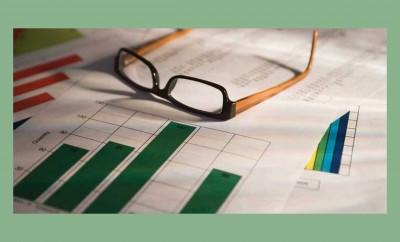
A COVID-19 Recovery Contribution
The economic costs of the pandemic have fallen most heavily on those least able to bear them. Governments have taken steps to support people and firms through wage subsidies, unemployment benefits, and other fiscal measures. But more investment in health care, education, and other basic public services will still be needed, and this will come at a cost. With rising inequality and mounting public debt, countries will have to find innovative approaches to raise the money to pay for it all.
To this end, governments are now starting to focus on mobilizing revenue from corporations and individuals who can best afford to pay. This revenue will help meet the extraordinary financing needs arising from the pandemic, while also promoting social cohesion in these difficult times. As with many things, attitudes toward taxation and the degree to which its burden should fall on the better-off are being reshaped by the pandemic.
Growing support for progressive taxation
One revenue-raising option that may be timely and attract political support is progressive taxation. Evidence from a recent survey of 2,500 US residents suggests that the pandemic and its adverse economic consequences may lead to more favorable opinions of progressive taxation. (A tax is progressive if the tax liability, as a share of a person’s income, rises with income.) This result is consistent with previous findings that attitudes toward public policies can be molded by personal experience during crises and other upheavals with a major economic impact.
The survey solicited people’s views in favor of, or against:
- Increasing taxation as a way of financing the economic recovery as well as additional expenditures made necessary by the pandemic;
- Introducing a temporary tax explicitly linked to this goal; and
- Permanently increasing the degree of progressivity of taxation (with variations such as increasing taxation on people with incomes above average, only the rich, multinational corporations, etc.)
The key result is that respondents who have experienced serious illness or job loss as a result of COVID-19—or personally know someone who has—favor progressive taxation to a greater extent than others in the sample, by a wide margin (19 percentage points). Our results also hold in more advanced analysis, such as regressions controlling for demographic factors, socioeconomic variables, and preferences for various categories of spending (such as education, health, environment, police, military, and border protection).
Συνέχεια ανάγνωσης εδώ
Πηγή: blogs.imf.org




